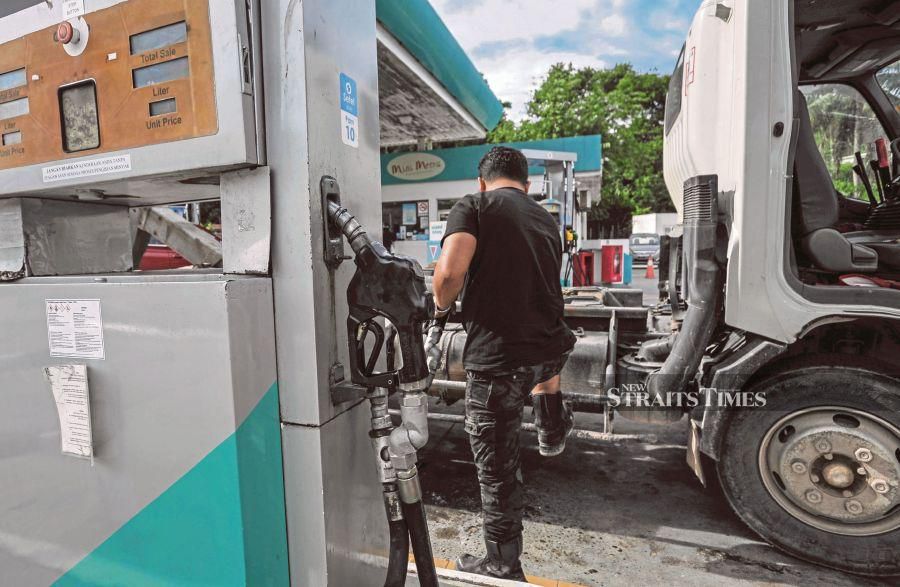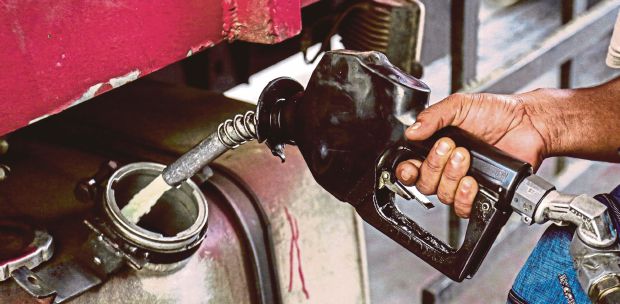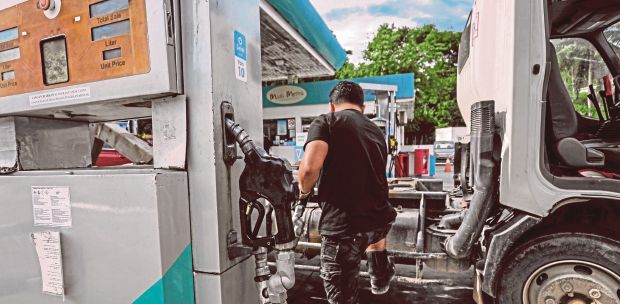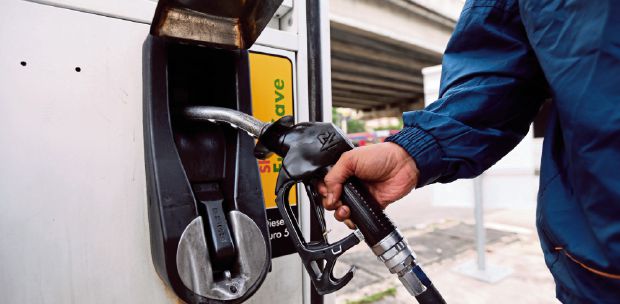IN a bold move towards economic reform, Prime Minister Datuk Seri Anwar Ibrahim's MADANI government administration has announced a significant overhaul of the diesel subsidy system.
This new targeted subsidy approach is projected to save Malaysia RM4 billion annually, a substantial figure that underscores the government's commitment to prudent fiscal management.
For nearly two decades, successive Malaysian governments have toyed with the idea of targeted fuel subsidies, investing considerable resources into developing mechanisms to make it work.
Yet, time and again, these plans were shelved due to concerns over popularity and the complexities of implementation. It's a relief to see the current administration willing to confront these challenges head-on, demonstrating a resolve that has been sorely lacking in previous attempts.
The urgency of these reforms cannot be overstated. In February, Domestic Trade and Cost of Living Minister Datuk Armizan Mohd Ali revealed a startling statistic: three million litres of diesel are smuggled out of Malaysia every single day.
This translates to a daily loss of RM4.5 million. Given the illicit nature of smuggling, the actual figures could be even higher. This data paints a clear picture of the dire need for stringent measures to curb such rampant theft.
The revised subsidy scheme is more than just a cost-saving measure; it is a testament to the administration's dedication to ensuring that financial assistance reaches those who need it most. By targeting subsidies towards specific groups, the government aims to alleviate the financial burden on the most vulnerable segments of society while promoting efficiency and fairness in the market.
This approach is designed to provide substantial benefits directly to those who require them without disrupting the logistics sector or the broader economy.
One of the primary concerns among Malaysians is the potential impact of these subsidy reforms on the prices of goods. This is a valid worry, considering that any change in fuel prices can ripple through the economy, affecting the cost of transportation and, consequently, the price of goods.
However, the government has assured the public that these changes will not lead to price hikes.
Here's why:
1. Targeted subsidy allocation: The revised framework ensures that businesses in the transport sector, eligible individuals and smallholders in agriculture and the commodities sector continue to receive the necessary support.
This targeted allocation helps manage operational costs, preventing businesses from needing to pass on additional expenses to consumers.
2. Efficient monitoring and regulation: The government is employing a robust price-monitoring mechanism that uses advanced data collection and analytics to track market prices continuously.
This proactive approach will enable authorities to swiftly identify and address any unjustified price hikes, maintaining market stability.
3. Collaboration with consumer associations: By working closely with consumer associations, the government can gather real-time feedback from the ground. These insights are crucial for maintaining fair market practices and preventing businesses from exploiting the subsidy changes.
4. Market self-regulation: While it's inevitable that some might attempt to take advantage of the reforms, the power of choice lies firmly with the consumer. In a competitive market, businesses that try to exploit the situation by raising prices unfairly will face consequences.
Consumers, empowered with choices, will gravitate towards businesses that maintain fair pricing and transparent practices. This natural regulatory mechanism helps ensure market stability and fairness, benefiting both consumers and responsible businesses.
Moreover, the administration is committed to vigilant monitoring of market dynamics, ensuring that businesses do not exploit these reforms.
Feedback from consumer groups and stakeholders will play a critical role in maintaining fair pricing and preventing exploitation. The new subsidy scheme is not just about immediate savings but aims at long-term gains for the nation.
By curbing diesel smuggling and reallocating resources efficiently, Malaysia can avoid significant daily losses. This targeted approach will secure substantial savings and ensure that assistance reaches those genuinely in need, fostering a balanced and equitable economic environment.
However, it's essential to recognise that the journey towards fully realising the benefits of these reforms will not be without challenges. Public perception and acceptance are crucial. The government must engage in continuous dialogue with the public to explain the benefits and address any concerns. Transparency in implementation and outcomes will build trust and support for these reforms.
As we move forward, it's clear that the administration's resolve to implement these reforms is a significant step towards creating a more equitable and efficient economic environment in Malaysia.
This targeted subsidy scheme represents a bold and necessary move to address longstanding issues, promote fairness and ensure that the nation's resources are used wisely.
In conclusion, the government's commitment to targeted diesel subsidy reform is a positive sign of its dedication to prudent fiscal management and social equity. By addressing the inefficiencies and leakages in the current system, Malaysia stands to gain not only substantial financial savings but also a more balanced and fair economic landscape.
The road ahead may be challenging, but with steadfast commitment and transparent implementation, these reforms have the potential to bring about meaningful and lasting change for the nation.
The writer is the former member of parliament, Kapar
The views expressed in this article are the author's own and do not necessarily reflect those of the New Straits Times





